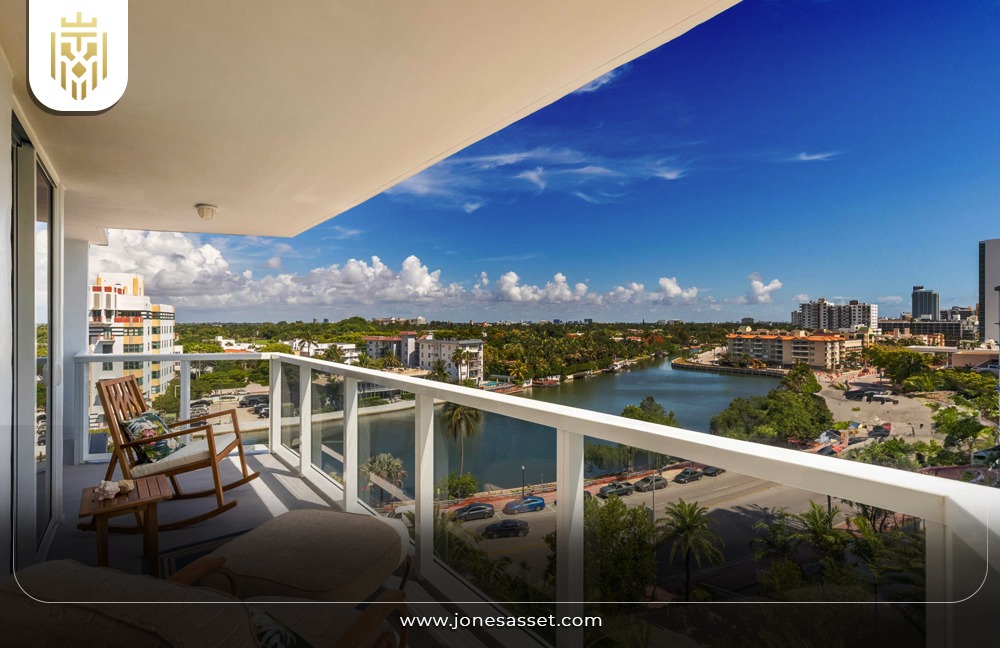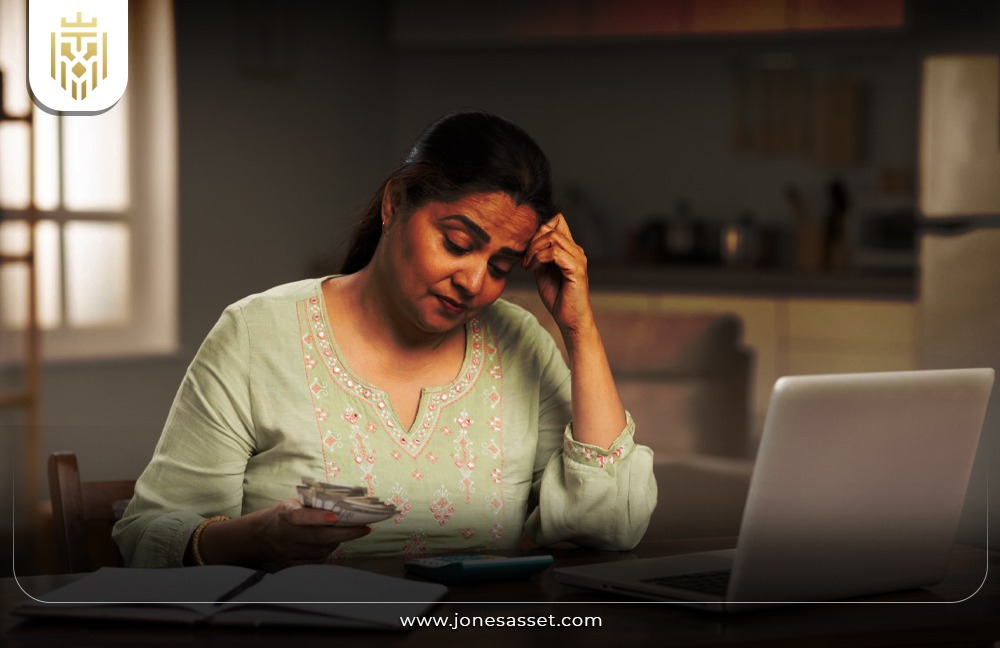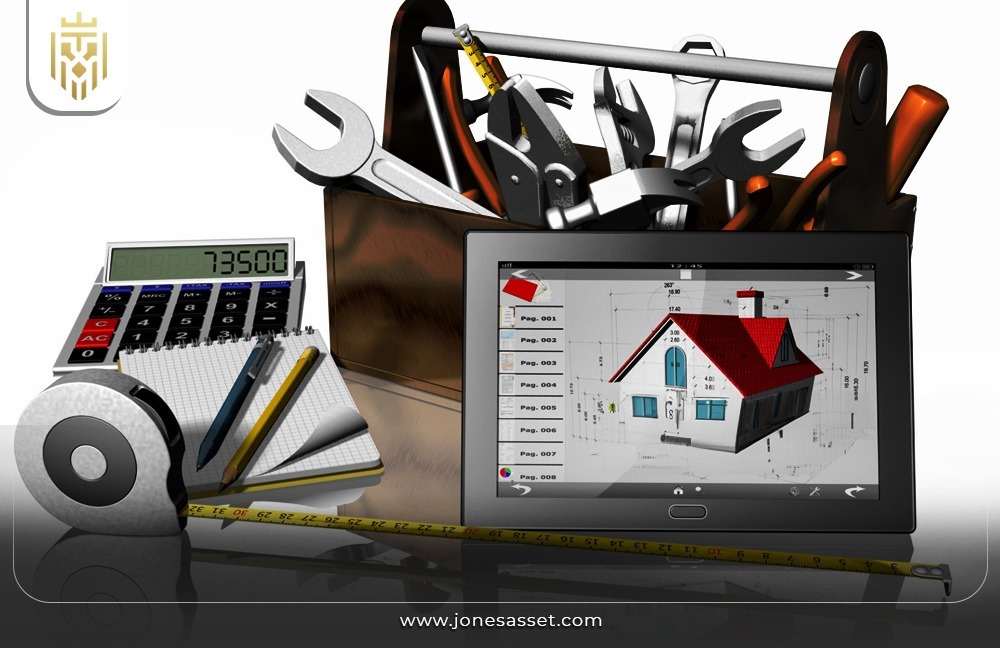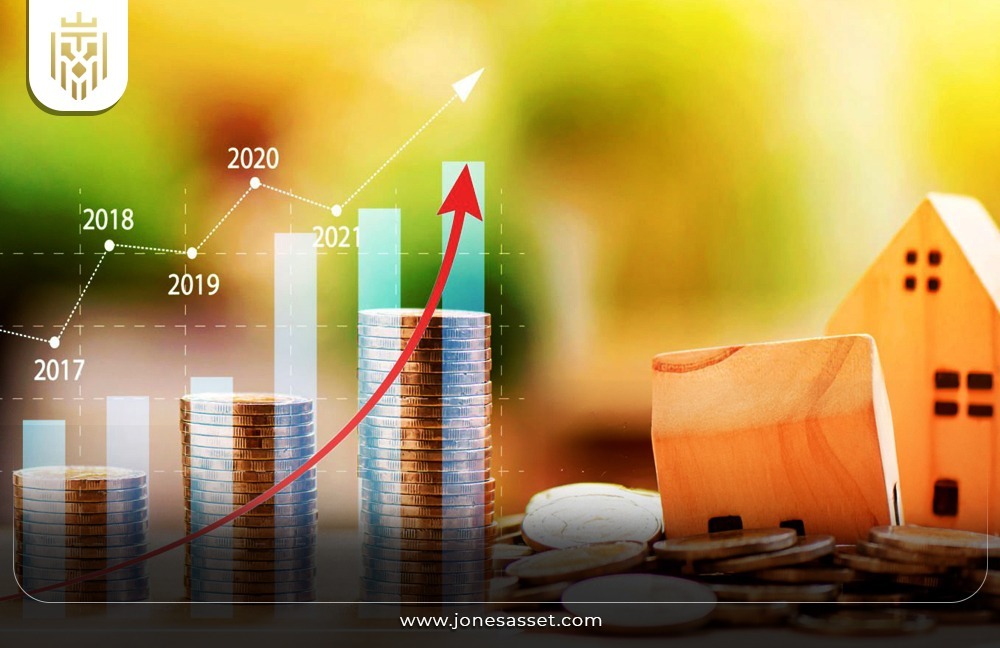Buying or Renting a House – Which is the Optimal Choice?
There is a time in everyone’s life when they have to choose between buying or renting a house and it requires thorough research and examination of your preferences, market trends and financial capability along with some other factors. First of all, financial stability, long-term planning, lifestyle preference, and housing requirements all have some roots in this crucial decision. When you make down payments on a home, you have the potential to increase the value of your asset, enjoy stability, and get the chance of customization. However, when you rent a house, you gain flexibility in terms of your long-term plan, lower the upfront costs, and lessen the maintenance duties. Based on individual preferences, you can make the right choice about the most important decision for you and your family. This article focuses on talking about the pros and cons, investment analysis, maintenance issues, market trends as well as personal aims that will aid in making the best choice between either buying or renting a house.
Buying or Renting a House: Making the Ultimate Housing Decision
Housing means far more than just having a roof over our heads. It’s about having a safe and secure place to live, where we can raise our families and shield ourselves from the harsh realities of the outside world. Regarding the question of buying or renting a house, weighing the pros and cons that come along with both choices can help you make an informed decision.
Is It Better to Rent or Buy a House? Weighing the Pros and Cons
One of the key advantages of buying a home is the possibility of capital accumulation it enables. While renters face constant rent payments with no ownership benefit, homeowners get to increase their ownership share of the property through monthly mortgage payments. In addition, buying a home can provide the owner with stability and the personalization or updating of facilities to reflect their taste. Although the costs for house ownership include mainly the down payment and supposed closing charges, they are often huge. The ownership of a home has a financial aspect that makes you save less and have fewer chances for other investment options. Moreover, the maintenance can also add up to be expensive and time-consuming.
While renting a house has its own set of disadvantages, there is also a side of it that makes it preferable. Renting provides the flexibility that most people require since it enables them to relocate with ease and is a great option for individuals who are uncertain about their job positions or future. In addition, it puts the burden of maintenance on the landlord, ensuring minimal stress and costs. Furthermore, the rental increases can fluctuate without warning, making an individual’s financial situation unstable. One more problem is that renting does not permit you to change or customize your home to suit your taste as it is often regulated by the landlord.
Financial Considerations: Renting vs. Buying a House
The impact of money is undying in the discussion between buying or renting a house. The deposit that you make deserves attention as it usually reflects the monthly mortgage payments. This among other costs like closing costs of 2-5% should be an essential part of your budget to help you determine if you can afford the same.
Renting means a cheaper initial expenditure, it just amounts to a refundable deposit, a bond, which is equal to one or two months’ rent. Through monthly rent, the stability of the budget is clear as compared to the mortgage, which is not always stable. However, the owners can decide on the rate increase at the end of each year and, thus, the tenants should take into account this increase. Whether you are buying or renting a house, you should always consider the financial aspect of it to ensure your expenses do not exceed your income and savings.
Maintenance Matters: Renting vs. Buying a House
The maintenance issues are an important factor to be considered when buying or renting a house. There is regular maintenance, repair, and improvement when you own a home, which affects both the finances and the time. Owning a home gives us a sense of autonomy and can lead to a focus on customizing personal spaces, but it also implies that the expenses and effort for maintenance are all on our own shoulders. Whether this means a small repair like replacing a broken appliance or a significant expenditure like fixing a leaky roof, the costs of maintenance can be significant for homeowners. On the contrary, renting is more time and money-saving since the owners are the ones who are liable for the upkeep or in case the property needs to be repaired. Moreover, the renters should go over the lease document carefully since some contracts can contain terms obligating tenants to pay for minor maintenance works.
Market Trends: Buying or Renting a House in Today’s Real Estate Landscape
The ever-changing market trends have a significant effect on your decision between buying or renting a house. These real estate markets have always been ever-evolving, making it essential to keep up with the latest information. During a buyer’s market when there are more housing options compared to the buyers, buying a home could be an advantage. Buyers have more time to research and compare different models, they can have lower pricing and more variety to choose from.
In contrast, when a seller’s market is at play the demand for spaces overpowers supply. With high demand, there comes a rise in home prices and it is impossible to find an affordable house.
Rent or Buy a House: Assessing Your Personal Goals and Circumstances
Whether it is buying or renting a house, the choice should be made considering your personal life goals, your lifestyle and preferences. Short and long-term plans, financial stability, lifestyle preferences, and housing needs can guide you to make the right choice. While buying a home will provide you with stability and a chance to customize your home, it also involves high costs. However, renting a house can provide you with financial stability as it does not involve too much upfront costs and it is also flexible.
The choice between buying or renting a house depends on various issues like financial capability, personal preferences, long-term plans, maintenance issues and market trends. In your decision to either buy or rent a house, consider consulting a real estate professional like Jones Asset Management.
FAQs
-
What factors should I consider when deciding between buying or renting a house?
Consider long-term plans, financial stability, lifestyle preferences, current market trends, maintenance and housing needs when deciding between buying a house or renting one.
-
What are the primary benefits of renting a house rather than buying?
Renting a house provides you with financial stability and flexibility, unlike buying a house. For individuals who are uncertain about their future plans, this is the best option. It also involves minimal maintenance costs.
-
What are the current trends in the real estate market regarding Renting vs Buying a House?
There is a growing preference for renting houses due to the uncertainty, flexibility and changing housing demand.
-
How do I align my personal goals and lifestyle with the decision to rent or buy a house?
See what you would like to have in a house, for example, customization, minimal maintenance, less upfront costs, or more stability. This will help you align your personal goals with the decision to rent or buy a house.




